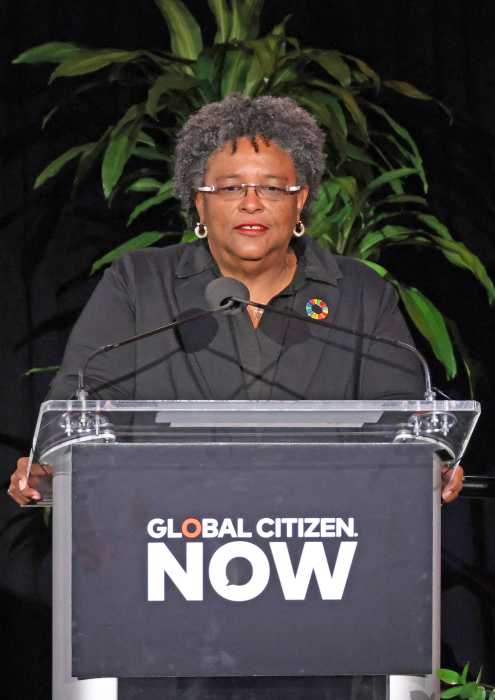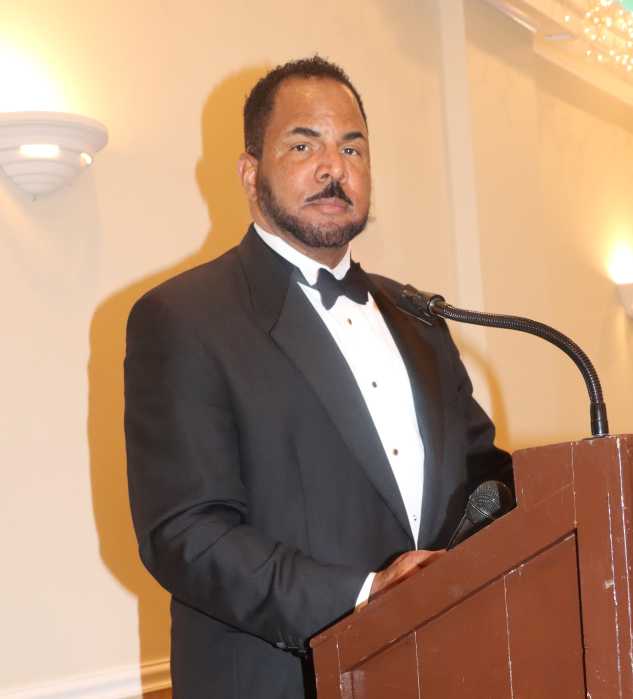Americans who believe the region is a safe tax haven to hide money and investments overseas should think twice as Caribbean trade bloc countries are moving to full comply with a new U.S. law designed to catch tax dodgers who stash assets in foreign destinations.
The Foreign Account Tax Compliance Act (FACTA) will require compliance from countries in the Caribbean in the coming weeks.
The law, approved by Congress back in 2010, requires commercial banks, trust corporations and insurance companies to supply information on Americans with cash and investments overseas directly to the Internal Revenue Service (IRS) and if they fail to do so, the feds will slap a 30 percent fee on business agencies which conduct transactions with counterpart institutions in the U.S.
Just this week, Guyanese Finance Minister Winston Jordan said the local cabinet is moving to get in line with the extraterritorial piece of legislation, joining Trinidad, Barbados, Jamaica and the Bahamas among others on the good guys list. In doing so, Jordan ensures that Guyana is the latest to indicate it is ready to talk with U.S. authorities.
“We have already begun the process of registering with the IRS as compliant foreign financial institutions and are putting measures in place to ensure compliance with all reporting requirements.”
He also said that the Guyana Revenue Authority has been identified as the agency which will liaise with the IRS and authorities will soon move to sign a reciprocal intergovernmental agreement with the U.S. in the coming weeks.
Jordan’s announcement during the 2015 budget speech this week has come as the Tax Administration of Jamaica says that 49 of just over 60 registered financial institutions have signed on to comply with the requirements of FACTA.
An official government announcement stated that Jamaica’s compliance “will enter into force on the date of Jamaica’s written notification to the United States that Jamaica has completed its necessary internal procedures for entry into force of this agreement.”
But down south in Trinidad, an opinion piece in the island’s Newsday Newspaper reflects some level of anxiety of Americans, both native and naturalized, who are living on the island and will have to fall in line with the tax requirements.
“As citizens, we have not been given any guidance or direction on our obligations to FATCA to date. Our enquiries from financial institutions have left us wondering whether any of the needed infrastructure has been put in place. We can only hope that those in authority have not dropped the ball on this important matter. One wonders whether there is a fear of signing an IGA and be accused of being responsible for signing a document that has the potential of violating our constitutional rights and many laws,” it said.
Barbadian Finance Minister Chris Sinckler on the other hand said that there has been smooth sailing on the island as far as preparations go, noting that Barbados “will adequately prepare ourselves as a tax jurisdiction for facing the many challenges which confront us. More important, however, is that it will certainly enhance our reputation and our image as a clean and competent jurisdiction, full of integrity, transparency and openness as it relates to the administration of taxes.


























